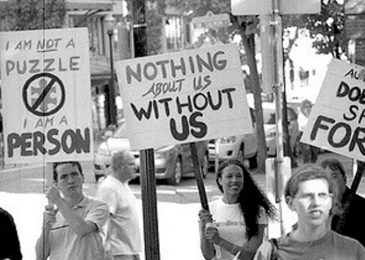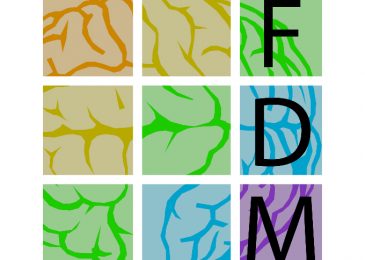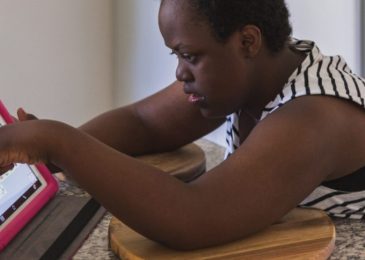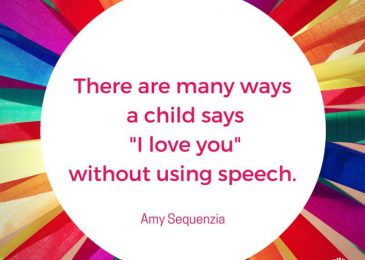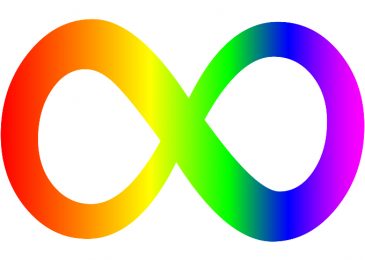Inclusive education: It’s time for an actually autistic person to speak up
Alex Kronstein on supports for children with autism in the education system: “When it comes to inclusive education, it is a well-known fact that EPAs and other school support staff do not have anything close to adequate training to provide support for autistic kids. There are training modules developed by actually autistic people that could give EPAs and support workers a whole new perspective.”

